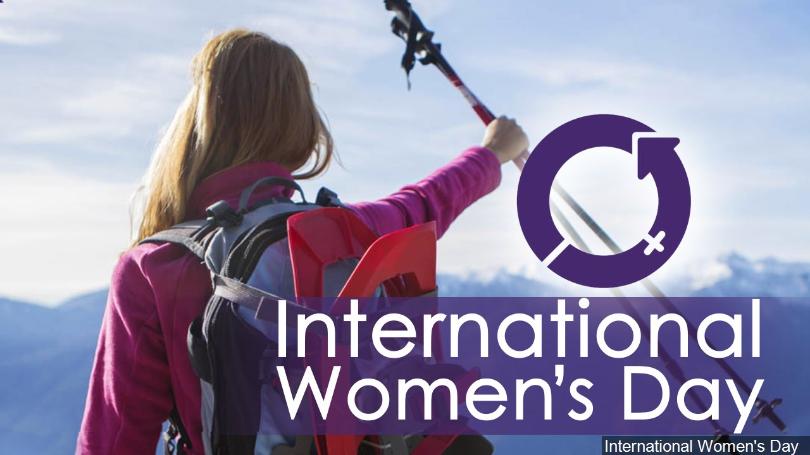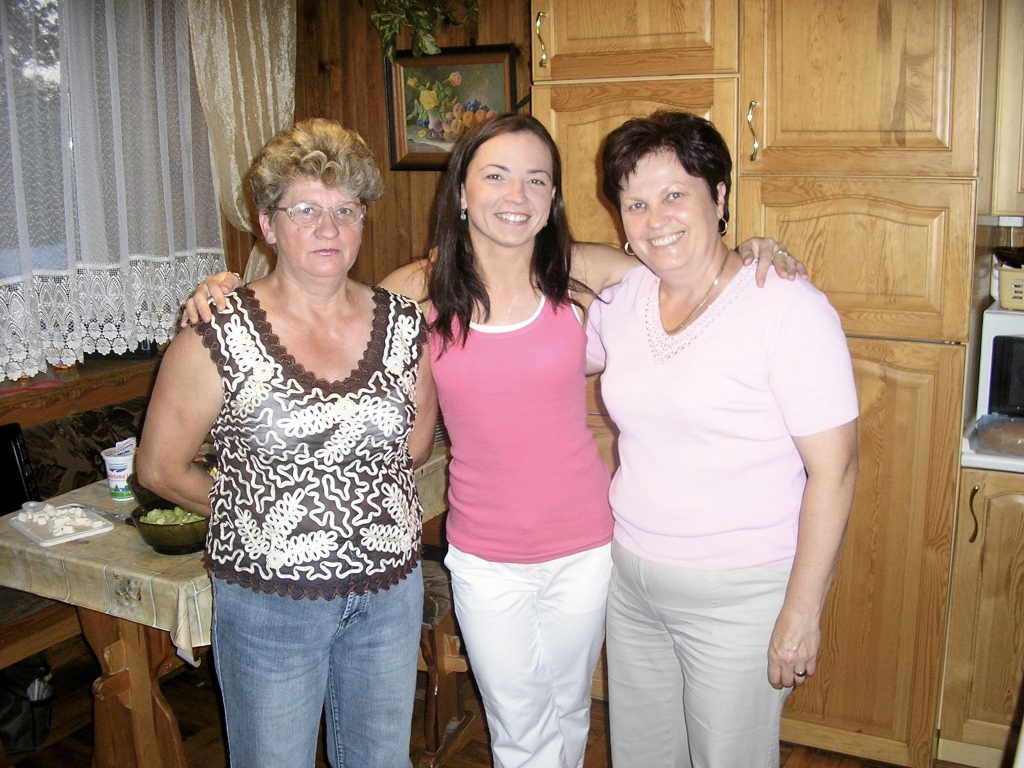Polish women march on International Women’s Day Posted by Kasia on Mar 8, 2017 in Culture
Polish women no doubt are more than what the world sees of them. There is a sea of features that make these Polish women something quite spectacular. And it’s not just their outward beauty standards, but even their grit towards standing by what they deserve and not backing out of achieving their rights.
The Polish women were one of the earliest to be granted equal legal rights and better access to education. Owing to that, there is a high number of professional working Polish Women, with a very low gender pay gap in the whole of Europe. Pretty amazing! For Polish women, beauty and everything under that have been popular since ancient times. Looking their most elegant even when having to run errands, Polish women have mastered the art of make-up and dressing up throughout the years. Polish women are all about quality and comfortable clothing, light yet flawless makeup routine, ending it on a note by some excellent perfume. Wisława Szymborska is known worldwide for her contribution towards poetry, and Zofia Kossak-Szczucka for her role in the World War II. This is just a brief of what the Polish women have achieved so far. Maria Curie (first woman to receive Nobel Prize), Irena Sendler (nurse), Basia (singer), Wanda Rutkiewicz (the first woman ever to reach the top of K2!). And there are many more wonderful Polish women that had a major impact in the history.
Today, March 8th, is International Women’s Day, Women across Poland are staging rallies and marches to demand protection against violence, equal rights and respect.
Hollywood actress Jessica Chastain took part in a protest walk across the street in downtown Warsaw. She was in the city for a gala screening of her latest movie “The Zookeeper’s Wife.”
Hundreds of women also gathered in front of the offices of the head of the ruling conservative party, Jarosław Kaczyński, who is Poland’s most powerful politician. The government promotes Catholic values and is trying to ban abortion.
The women demanded equal rights and protested violence. Protests were also held in dozens of other cities in Poland.
Political resistance, as history has taught us, does not guarantee political change — but the first step to finding out is showing up. In Iceland and Poland, where two of the world’s most successful large-scale women’s strikes in recent history took place, there wasn’t time to deliberate about hows and ifs: There was only forward action. Uncertain beginnings, broad, lofty goals, and resistance were not enough to get in their way. Women of both countries didn’t know whether there would be a significant turnout, or if positive political change would be the result of their participation. All they knew was they had a choice to either strike or not. Today, American women will confront a similar challenge. And if the only way to find out if it striking works is to show up, the question is, will we?
Iceland’s first ever Women’s Day Off came out of the worldwide women’s liberation movement in the 1970s. Originally the brainchild of the country’s Redstockings feminist group, the women’s strike’s message was simple: By going on strike, women wanted to show how much influence their work outside of the home and within the home had.
This past October, Polish women took inspiration from Iceland’s Women’s Day Off and called for a national protest against proposed legislation that would put a total ban on abortion — and its beginnings were equally uncertain. The organization of the strike was a very short, intense process. The call for the strike came less than a week before the day it actually happened, and organizing it was absolutely crazy. No one knew whether taking to the streets would convince the Polish parliament to vote down the legislation, but, even if the bill wasn’t shut down, Polish women would be united and motivated to keep going. On October 3, 2016, women gathered in the streets of more than 90 Polish cities, carrying wall-to-wall open umbrellas — both a protection from the elements and a symbolic image. Only a few hundred women had been expected to show up, but more than 25,000 women flooded Castle Square in Warsaw alone, and an estimated 100,000 women gathered in other cities nationwide. In addition to the strike and marches, there were blood-donation drives and book readings, and some teachers taught classes while wearing all black. Two days following Poland’s massive protests, the controversial abortion ban was voted down in the Polish parliament by a vote of 352 to 58!
We made this thing work together!

Build vocabulary, practice pronunciation, and more with Transparent Language Online. Available anytime, anywhere, on any device.






Comments:
JAZ:
I am disappointed that Polish women would not fight to end abortion.